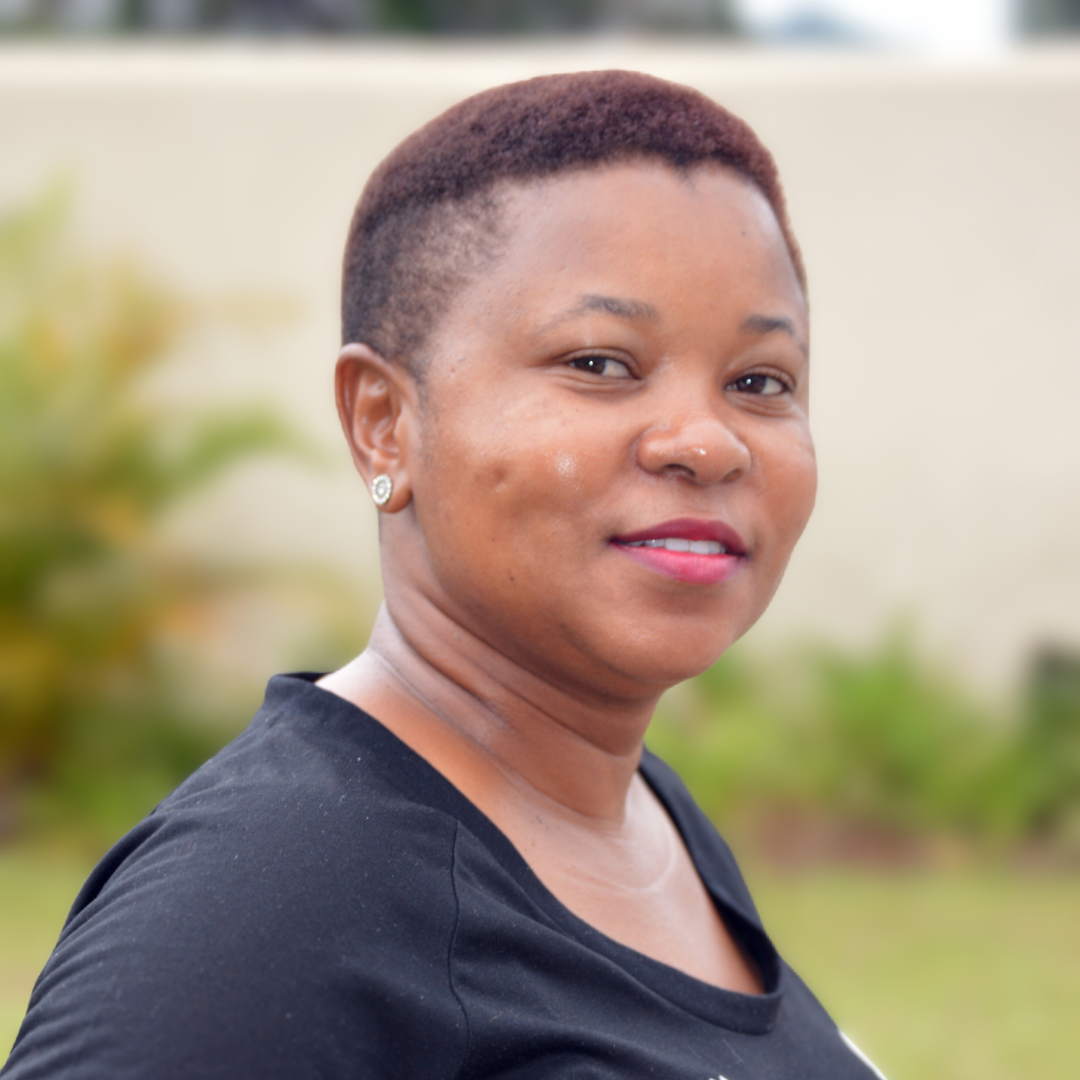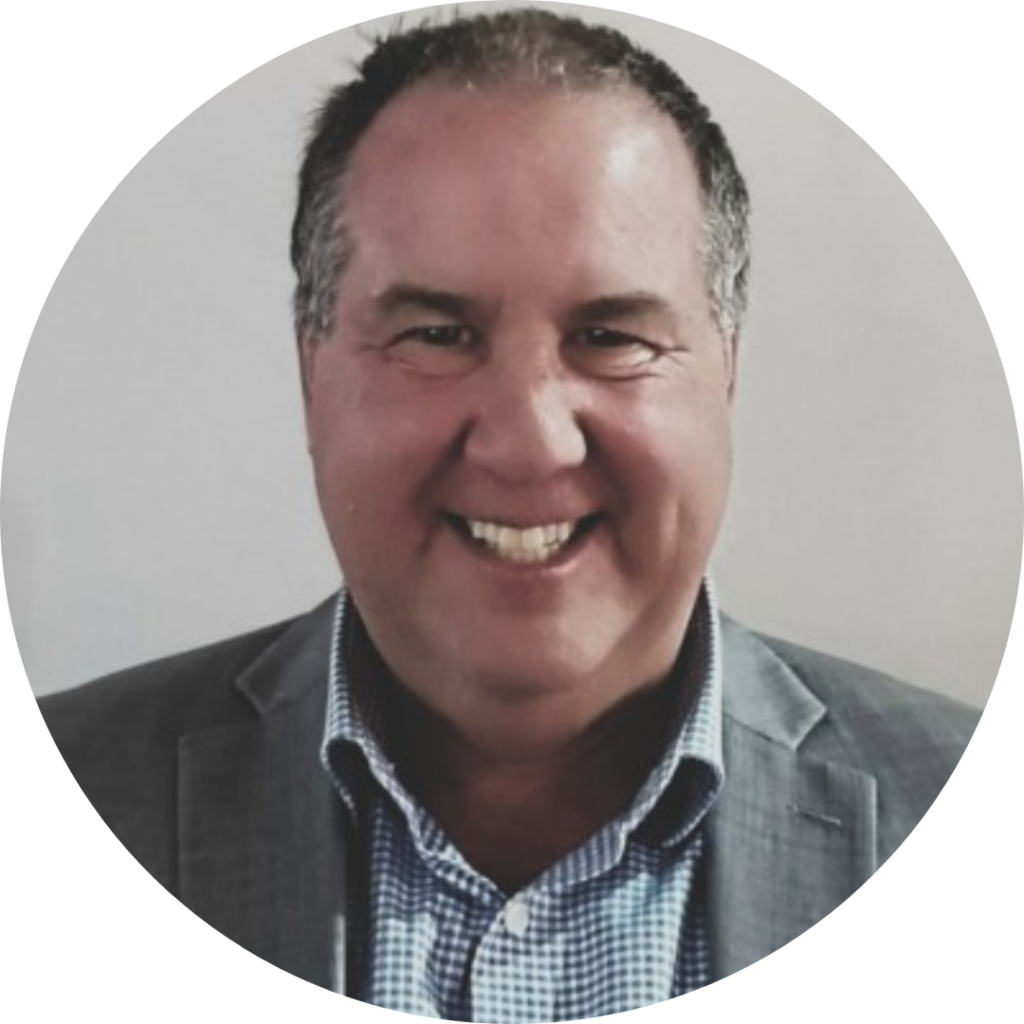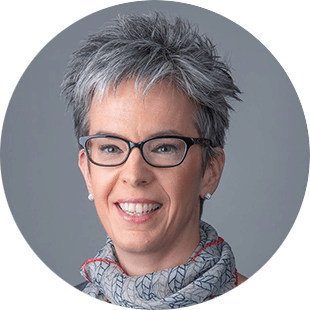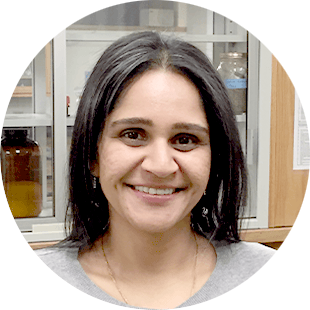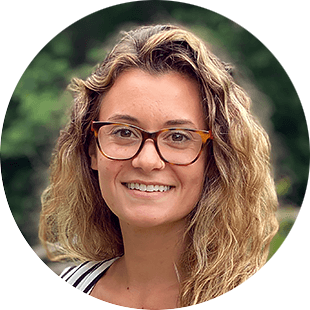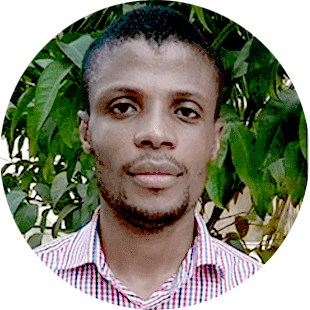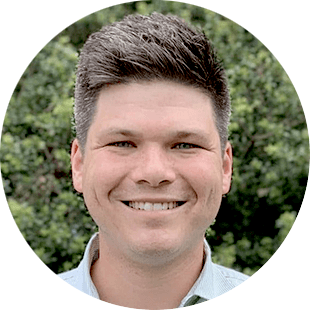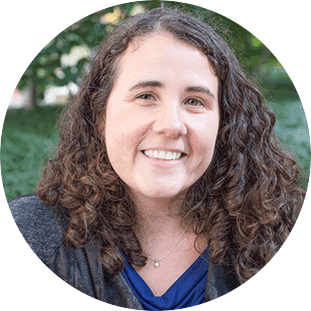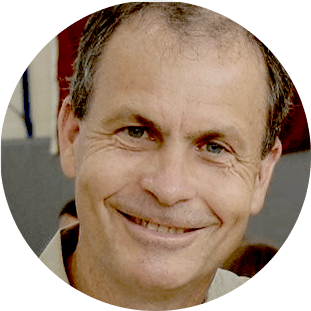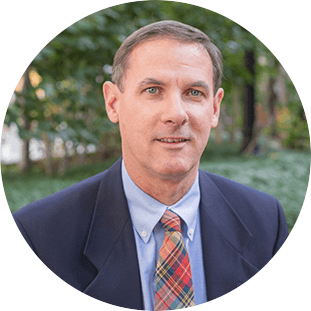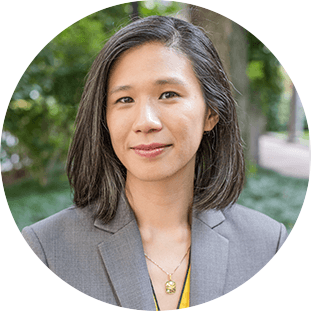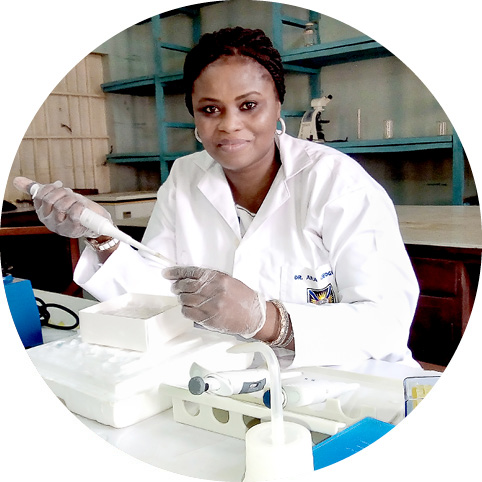
Solutions for development, from developing countries
Our programs address key barriers to resource equity, helping scientists in developing countries lead, innovate, and contribute solutions to the problems that matter most to their communities.
Since 2008, we have equipped…
universities and research institutes in developing countries
academic
departments at those institutions
researchers in developing countries
With access to the resources they need, scientists in developing countries have limitless potential to solve development challenges like:
- Diagnosing, treating and preventing deadly diseases
- Adapting farming systems to climate change so that everyone has enough nutritious food
- Effectively managing crises like natural disasters or global pandemics to minimize suffering
- Developing lower cost solutions for energy storage, purification of drinking water, and environmental protection
The right tools for the job means more and better research outcomes
Like all skilled professionals, scientists need the right tools for the job.
Without access to modern equipment, the scope of what even the most brilliant and best-trained researcher can accomplish is limited.
With access, however, scientists can do more.
They can ask and answer different types of questions, often taking advantage of powerful new technologies to tackle problems more directly.
They can publish their work more easily so that others can learn from and build upon it.
They can engage in scientific collaborations as equal partners.
And, critically, they can contribute expertise and evidence to support locally led development.
Impact in action
Our programs eliminate key barriers to equitable participation in scientific discovery
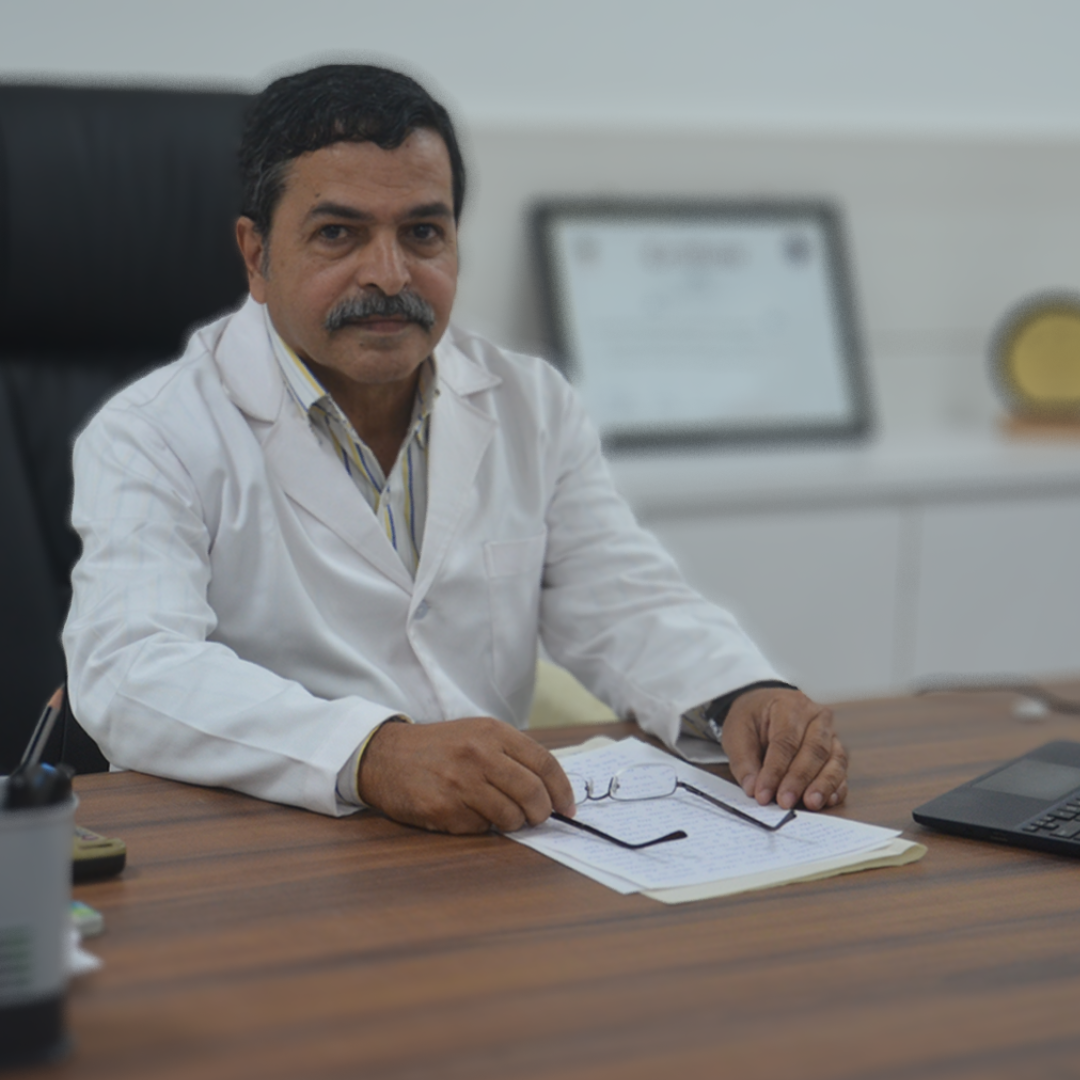
Kishore Bhat, PhD, runs the only center in India for oral microbiology research. At Maratha Mandal’s NGH Institute of Dental Sciences, researchers are studying how the oral microbiome affects overall human health.
More research impact stories
Global health
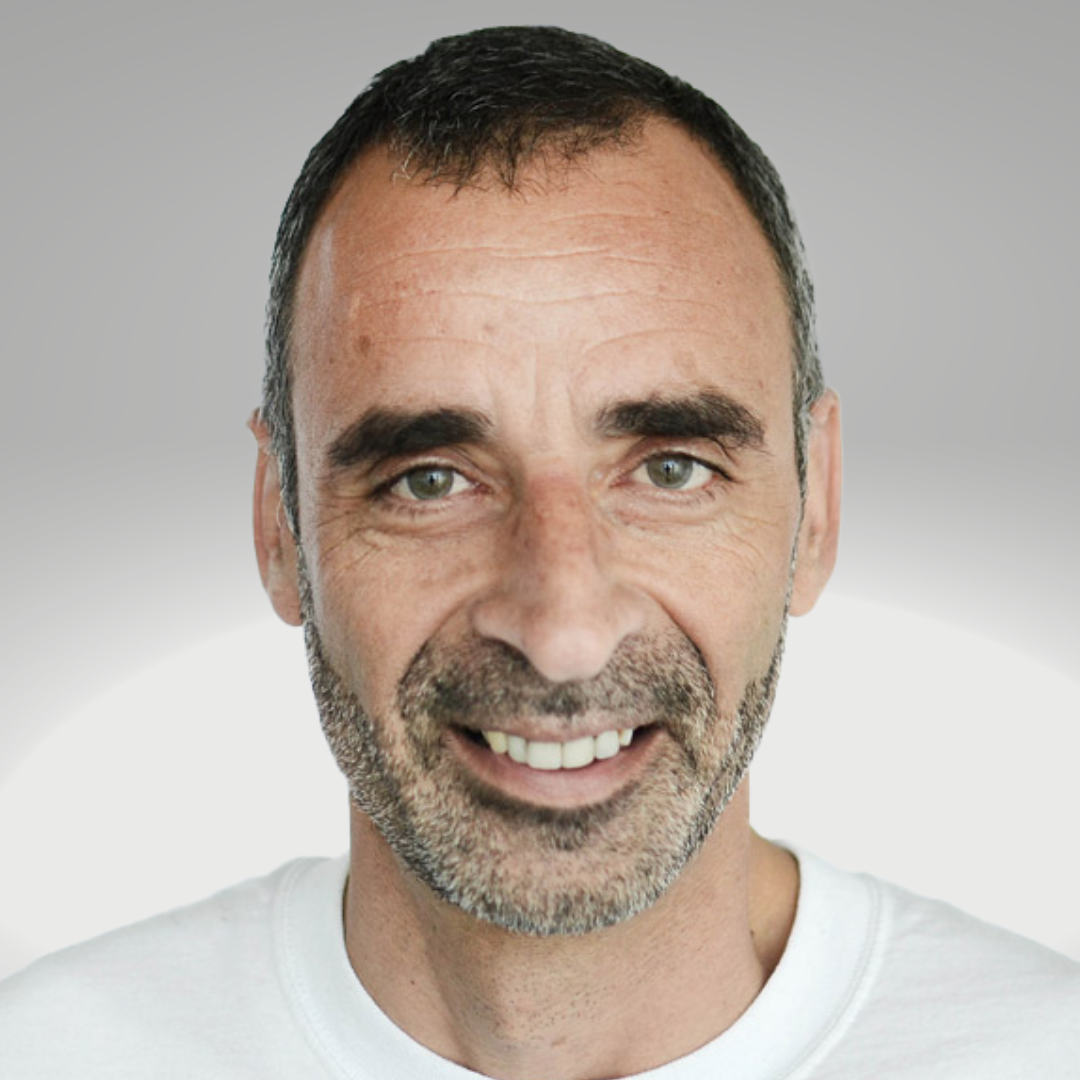
Parasite treatments in Uruguay
Soil-transmitted helminths—which include roundworms, hookworms, and whipworms—infect nearly 1.5 billion people each year. Untreated, they can cause malnutrition and impair development, especially in young children. Part of the reason these parasites are so successful is that they can survive without oxygen for long periods.
Dr. Gustavo Salinas at the Universidad de la República has made a major breakthrough researching the precise mechanism for how these parasites harvest energy while living in the human body. By understanding their survival mechanism, he can then unlock the most effective treatment against these devastating parasites.
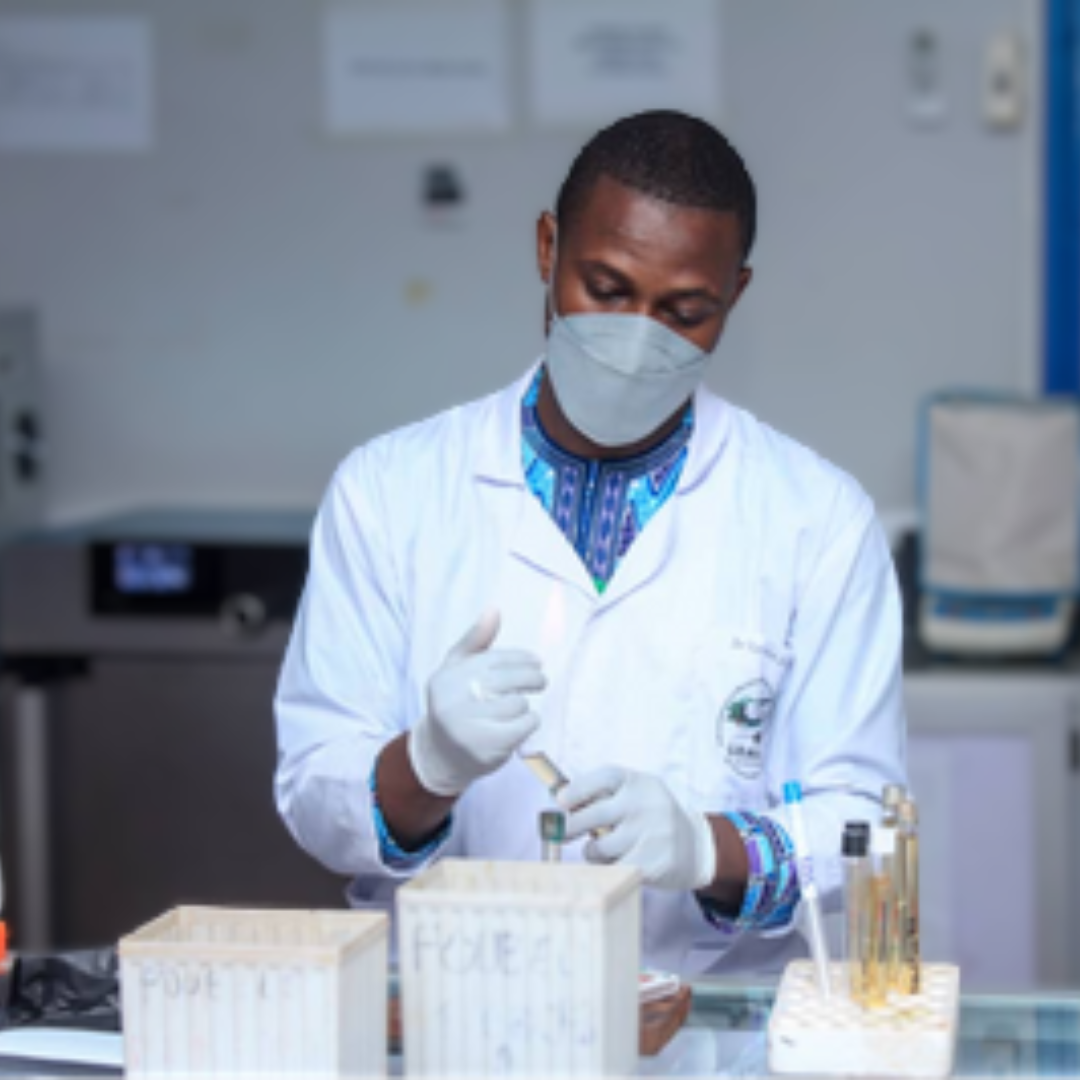
Fighting pediatric illness in Benin
Dr. Victorien Dougnon at the Université d’Abomey-Calavi is making strides treating diarrhea, which is the second leading cause of death in children younger than 5 worldwide. According to the World Health Organization, diarrheal disease is responsible for half a million deaths among these children each year.
Dr. Dougnon is using Instrumental Access equipment to analyze local antidiarrheal plant-based medicines. He is screening them for harmful compounds and bringing some scientific certainty to these life-threatening situations and identifying effective and more accessible treatments for a major public health issue in West Africa.
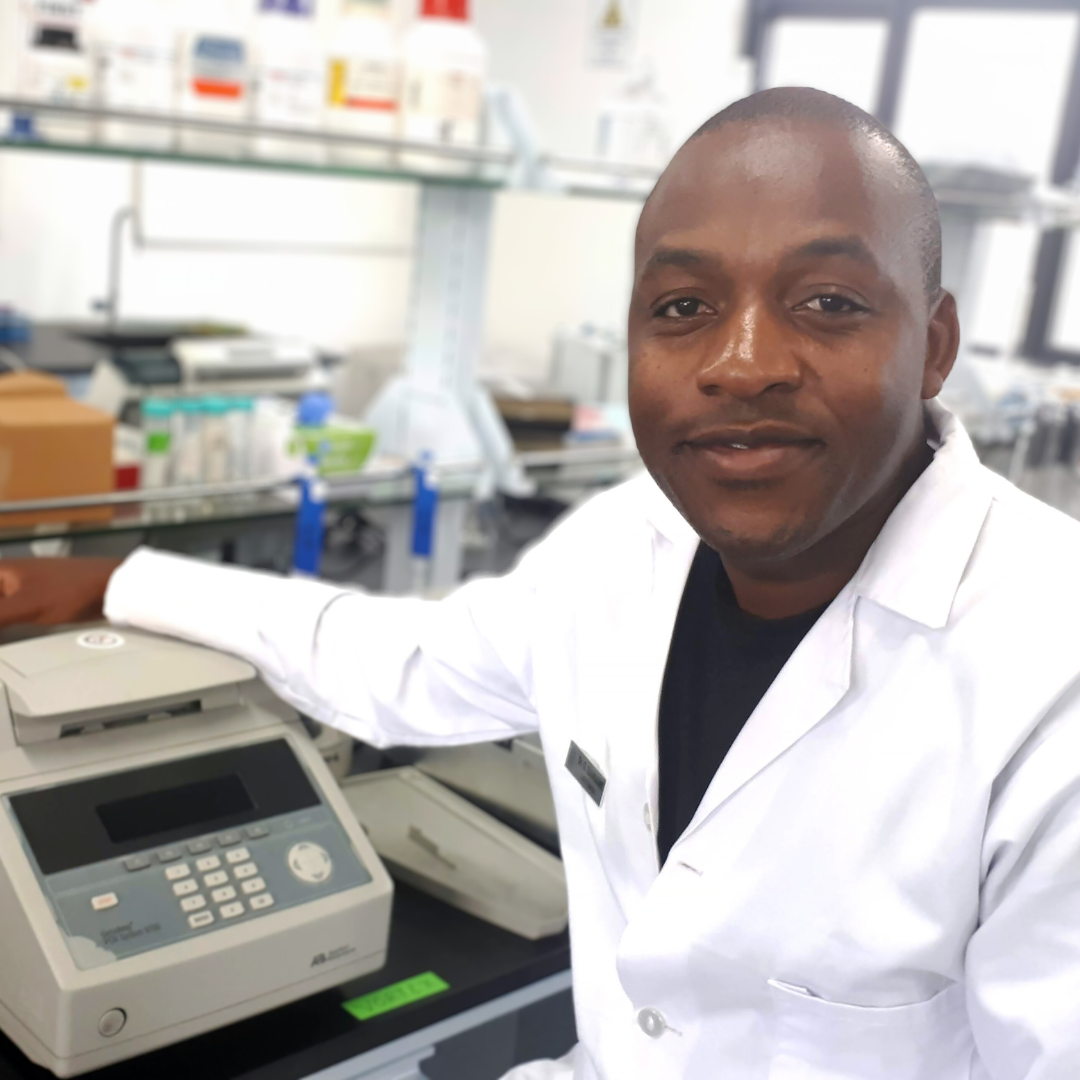
Reclaiming agency over COVID-19 in Malawi
During the height of the COVID-19 pandemic in 2020, Seeding Labs was able to supply some desperately needed pieces in Dr. Gama Bandawe’s diagnostics workflow. Throughout the year, his lab at the Malawi University of Science and Technology played a key role in monitoring the spread of the virus.
He and his team processed more than 1,000 COVID-19 tests while also supporting Malawi’s National Reference Laboratory in the validation of rapid antigen tests for nationwide deployment, both of which were essential for containing the pandemic in a time of little certainty for Southern Africa.
Energy and the environment
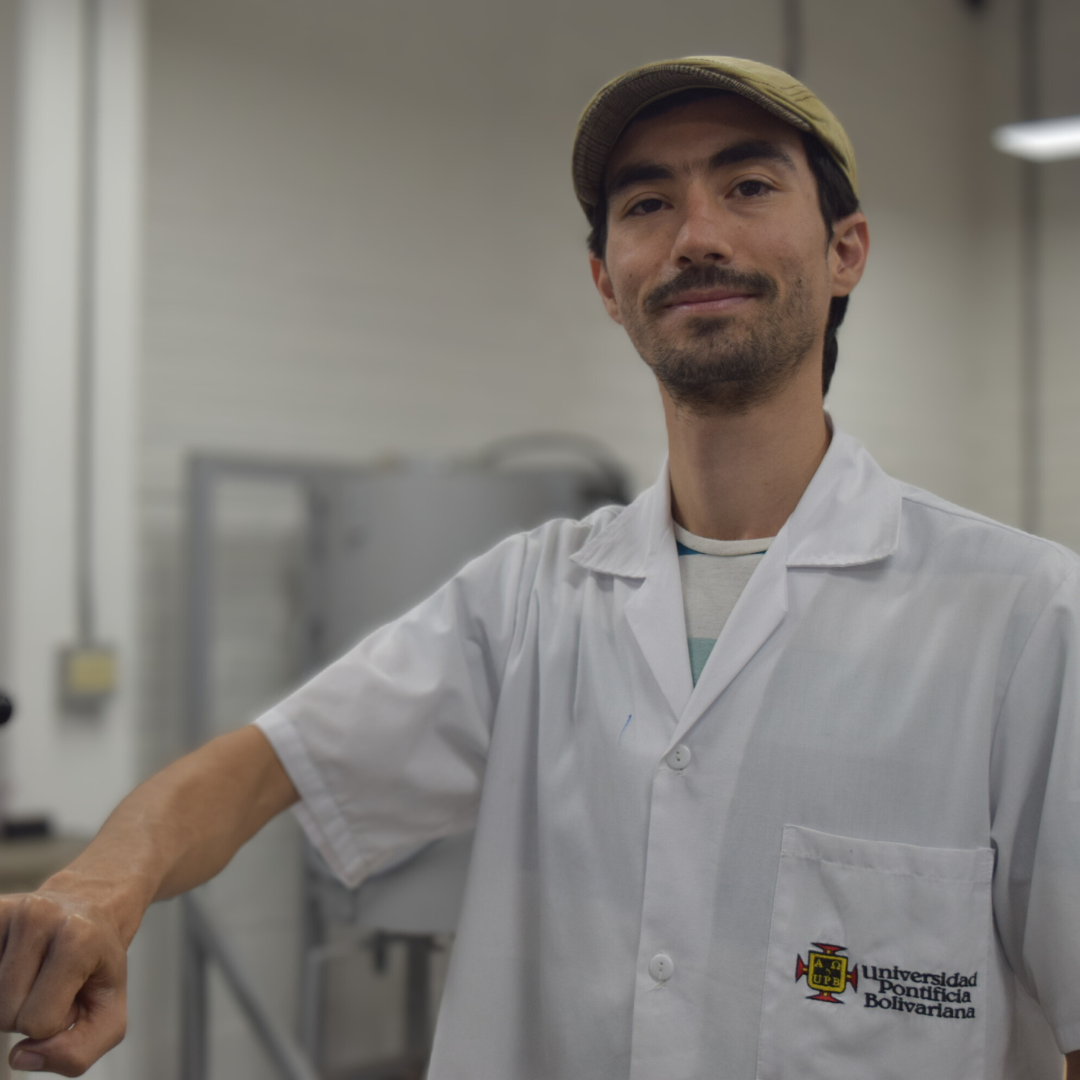
Sustainable energy solutions in rural Colombia
Instrumental Access awardees in Colombia have founded South America’s first-ever nanotechnology engineering department at the Universidad Pontificia Bolivariana, where researchers are creating practical and affordable solutions for storing energy.
By focusing on renewable sources of energy that can be made with the locally sourced materials, they are providing rural Colombians with a vital need where electrical infrastructure is unreliable and often unavailable.
